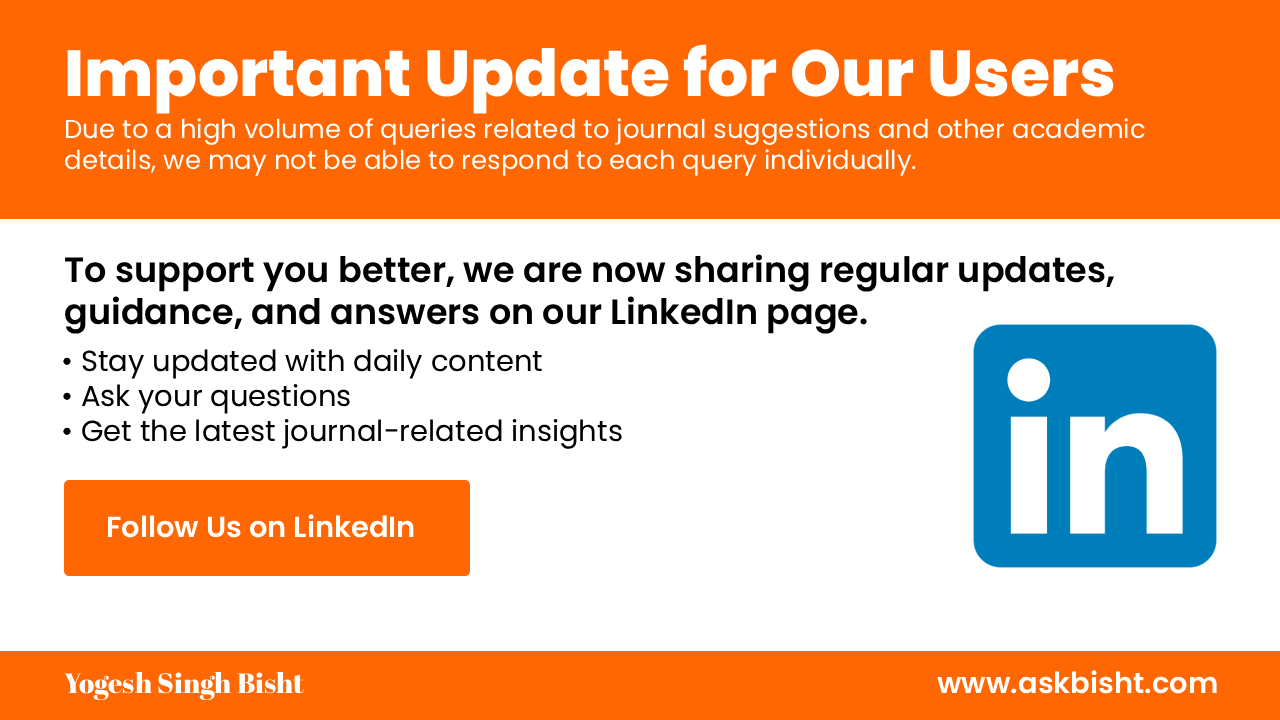Jurnal Studi Ilmu-ilmu al-Qur'an dan Hadis
Published by State Islamic University Sunan Kalijaga Faculty of Ushuluddin and Islamic Thought (Journal Finder)
ISSN : 1411-6855 eISSN : 2548-4737
Abbreviation : J. Studi Ilmu-ilmu al-qur'an dan Hadis
Aims & Scope
This Journal specializes in studying the theories and practices of Qur'an and Hadith Studies and is intended to express original researches and current issues.
This journal welcomes the contributions of scholars from related fields that consider the following general topics; • Linguistic, Literary, and Thematic Perspectives on the Qur’an and Hadith • The Qur’an: Surah Studies • Qur’anic and Hadith Studies: Methodology and Hermeneutics • Manuscripts and Textual Criticism on the Qur’an and Hadith • The Qur’an, Hadith and the Biblical Tradition • The Qur’an, Hadith, and Late Antiquity • Living Qur’an and Hadith
View Aims & ScopeMetrics & Ranking
Journal Rank
| Year | Value |
|---|---|
| 2024 | 17192 |
Journal Citation Indicator
| Year | Value |
|---|---|
| 2024 | 30 |
SJR (SCImago Journal Rank)
| Year | Value |
|---|---|
| 2024 | 0.283 |
Quartile
| Year | Value |
|---|---|
| 2024 | Q1 |
h-index
| Year | Value |
|---|---|
| 2024 | 3 |
Abstracting & Indexing
Journal is indexed in leading academic databases, ensuring global visibility and accessibility of our peer-reviewed research.
Subjects & Keywords
Journal’s research areas, covering key disciplines and specialized sub-topics in Arts and Humanities and Social Sciences, designed to support cutting-edge academic discovery.
Licensing & Copyright
This journal operates under an Open Access model. Articles are freely accessible to the public immediately upon publication. The content is licensed under a Creative Commons Attribution 4.0 International License (CC BY 4.0), allowing users to share and adapt the work with proper attribution.
Copyright remains with the author(s), and no permission is required for non-commercial use, provided the original source is cited.
Policy Links
This section provides access to essential policy documents, guidelines, and resources related to the journal’s publication and submission processes.
- Aims scope
- Homepage
- Oa statement
- Author instructions
- License terms
- Review url
- Board url
- Copyright url
- Plagiarism url
- Apc url
- License
Plagiarism Policy
This journal follows a plagiarism policy. All submitted manuscripts are screened using reliable plagiarism detection software to ensure originality and academic integrity. Authors are responsible for proper citation and acknowledgment of all sources, and any form of plagiarism, including self-plagiarism, will not be tolerated.
For more details, please refer to our official: Plagiarism Policy.
APC Details
The journal’s Article Processing Charge (APC) policies support open access publishing in Arts and Humanities and Social Sciences, ensuring accessibility and quality in research dissemination.
This journal does not charge a mandatory Article Processing Charge (APC). However, optional open access publication may incur fees based on the publisher’s policies.
Explore journals without APCs for alternative publishing options.
Most Cited Articles
The Most Cited Articles section features the journal's most impactful research, based on citation counts. These articles have been referenced frequently by other researchers, indicating their significant contribution to their respective fields.
-
The Living Qur’an: Its Text and Practice in the Function of the Scripture
Citation: 5
Authors: Ahmad
-
Dinamika Terjemah Al-Qur'an (Studi Perbandingan Terjemah Al-Qur'an Kemenerian Agama RI dan Muhammad Thalib)
Citation: 3
Authors: Muhammad
-
Politics and Pluralism: Analyzing State Official Tafsir and Interfaith Discourse in Indonesia
Citation: 2
Authors: Achmad Yafik, Muhammad Dzilfikri, Alvy Ra'isatul
-
INTERNALISASI HADIS KASIH SAYANG DALAM MEWUJUDKAN SOCIAL INTEREST DI ERA DISRUPSI
Citation: 2
Authors: Aan Aji
-
The Origin of Esotericism: An Analysis of the Ismaili Esoteric Approach to Qur’anic Interpretation
Citation: 2
Authors: Ramy
-
The Development of Qur’anic Thematic Exegesis in Indonesia: Historical Landscape and Shifts of Authority
Citation: 1
Authors: Ahmad Syaifuddin
